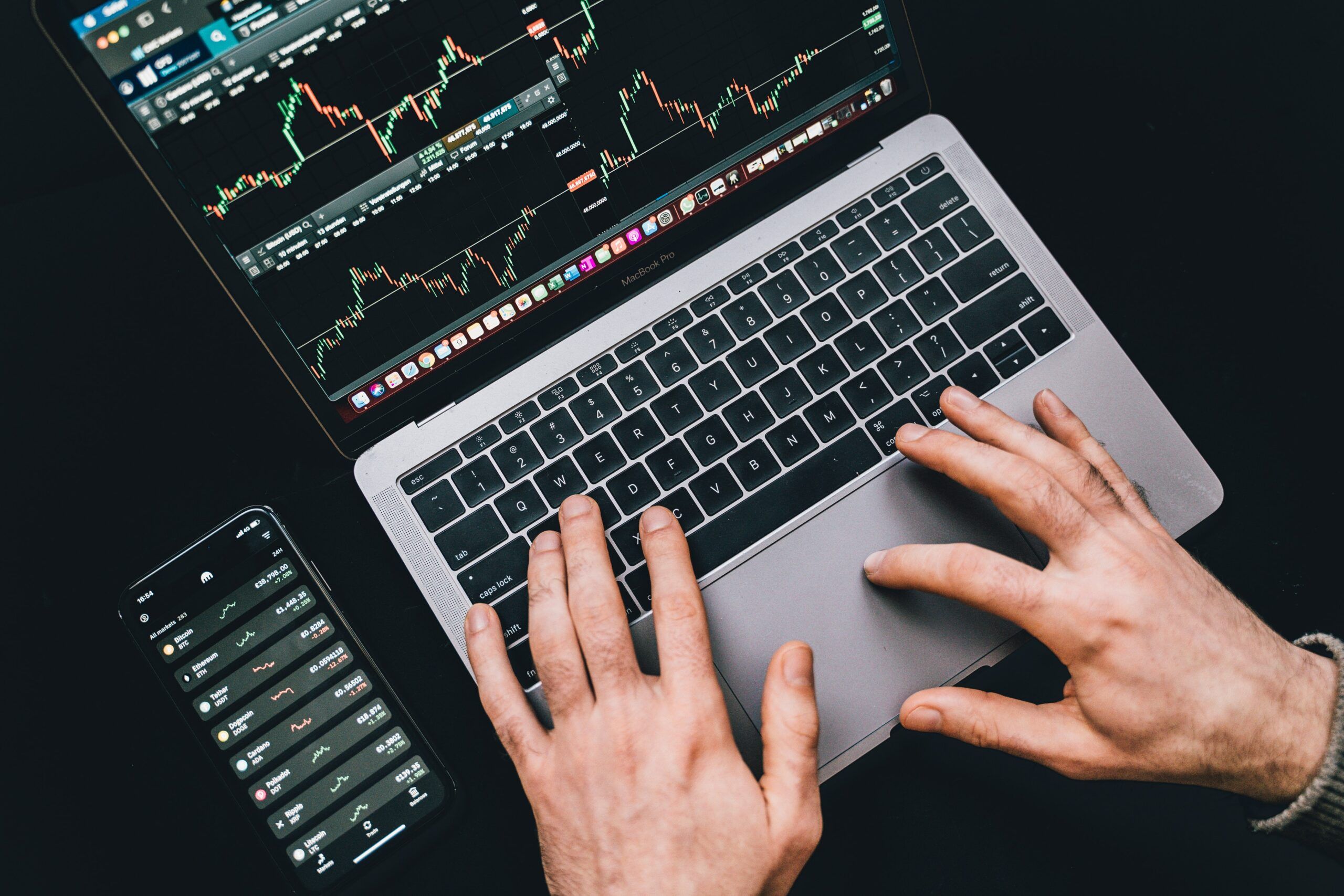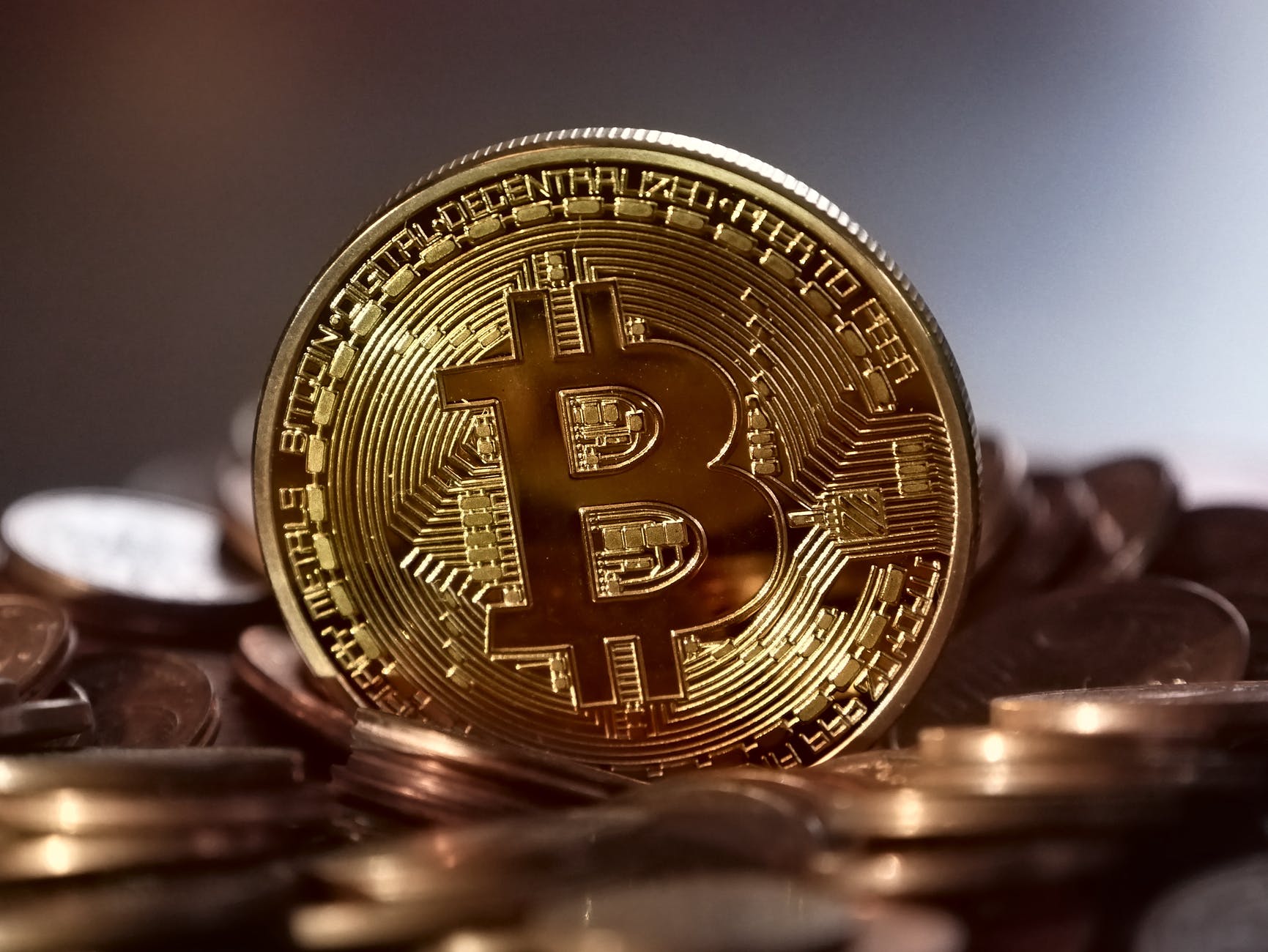Last year, Nigerian art dealer, Ebuka Joseph, started using cryptocurrencies when his business was hit due to Covid-19. The dealer is now hooked on crypto trading, despite facing continuous disapproval from financial authorities.
Joseph said, “Crypto just allows me to transact freely and within minutes we are done with our transactions.”The 28-year-old spoke from a friend’s studio in Lagos, where he displays his work.
In February, Nigeria’s central bank banned local banks from working with cryptocurrencies. The bank warned of “severe regulatory sanctions’” and freezing accounts of firms that are found to be using them.
Despite warning from the central bank, the appetite for crypto in Nigeria has increased. The crackdown has highlighted the benefits of using currencies that are outside the central bank’s control. Nigeria remains the largest market for many crypto trading platforms.
Nigerians are turning to the digital asset for business, to protect their savings as the national coin loses value and to send payments abroad. After the central bank banned crypto, the volume of cryptocurrencies sent from Nigeria increased to $132 million. This was up 17% from the previous month. In June, transactions were up 25% above the same month last year.
Sly Megida, a fellow artist who uses cryptocurrencies to sell his works, said that his worldwide buyers readily accept the use of digital currencies and that by using them, he has protected his finances.
Megida said, “The naira is digressing and we are trying to keep the value of the art,” calling crypto, “the currency where people don’t think that I am paying too much or too less.”
Use of cryptocurrency in Nigeria surges
The Paxful peer-to-peer crypto service experienced a 57% rise in trading volume in Nigeria in the year to June. User numbers of the platform surged 83%. Yellowcard, a crypto exchange which has adopted a peer-to-peer model in Nigeria since february has said that use “has continued to absolutely skyrocket.”
A report from Chainalysis last month suggested that crypto use in Nigeria is even higher than it may seem. Many Nigerians use platforms such as Whatsapp or Telegram to trade crypto for Naira or other currencies.
Despite its rising popularity, the risks of using crypto in Nigeria remain. In August, the central bank froze the accounts of some crypto users. This was due to illegal behaviour that had been detected in the accounts. The speculation over the use of crypto in Nigeria leaves many companies reluctant to talk about it.














